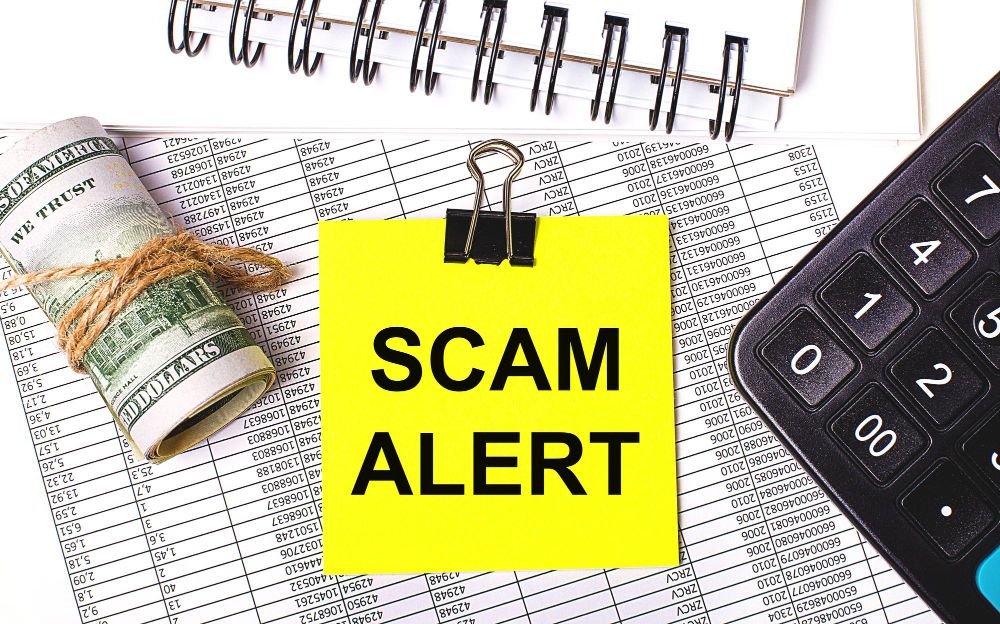
With the surge in cryptocurrency usage, the security of digital assets has become a paramount concern for investors and users alike. Cryptocurrencies operate on decentralized networks, and while this offers many benefits, it also exposes users to unique risks such as digital theft and hacking.
Protecting your crypto wallet is not just an option; it is a necessity to safeguard your investments from cyber threats. This post outlines seven essential strategies to help you secure your crypto assets against potential security breaches, ensuring peace of mind in your digital financial transactions.
7 Ways to Protect Your Crypto Wallet from Theft and Hacks
1. Use a Hardware Wallet
Hardware wallets, such as Ledger and Trezor, offer robust protection for your crypto assets. These devices store your private keys offline, effectively isolating them from the internet and beyond the reach of hackers.
Unlike software wallets, which are vulnerable to viruses and malware, hardware wallets require physical interaction for transactions, thereby reducing the risk of unauthorized remote access. By keeping your keys in a hardware wallet, you ensure that even if your computer is compromised, your cryptocurrencies remain safe.
2. Enable Two-Factor Authentication (2FA)
Two-factor authentication (2FA) is a crucial security measure that adds an additional layer of protection beyond just a username and password. When 2FA is enabled on your crypto accounts, accessing the wallet requires not only the password but also a second factor, usually a temporary code sent to your mobile device or generated through an app like Google Authenticator.
This makes it significantly harder for potential intruders to gain unauthorized access because even if they manage to steal your password, they would still need the second factor to complete the login.
Also Read: How to Set Up 2FA to Protect Your Crypto Portfolio
3. Keep Software Up to Date
Whether you are using a software wallet or a hardware wallet, keeping the software up-to-date is vital. Developers regularly release updates that not only add new features but also fix security vulnerabilities. By ensuring that your wallet software is always updated, you minimize the risks associated with software exploits. Neglecting software updates can leave you exposed to attackers who specifically target older versions with known vulnerabilities.
4. Use Strong, Unique Passwords
The strength and uniqueness of your passwords are your first line of defense in the digital security realm. For every crypto service, ensure that you use a password that is long, complex, and combines letters (both upper and lower case), numbers, and symbols. Avoid using easily guessable passwords such as birthdays, sequential letters, or common words.
Equally important is to avoid reusing passwords across different sites and services. If one service is breached and your password is leaked, other accounts with the same password could also be compromised. Consider using a password manager to keep track of your different passwords while ensuring they are robust and unique.
Related: Is Face or Touch ID Enough to Secure My Crypto Wallet?
5. Be Wary of Phishing Attacks
Phishing is a common method used by cybercriminals to gain unauthorized access to your personal information, including crypto wallet credentials. Typically, you may receive an email or message that appears to be from a legitimate source, such as a crypto exchange or wallet service. These communications might ask you to click on a link or provide sensitive information under the guise of security checks or account updates.
However, these are attempts to steal your login details. To protect yourself, always scrutinize emails and messages for authenticity. Check the sender's email address, look for grammatical errors, and avoid clicking on unsolicited links. If you suspect a message might be legitimate, directly visit the service’s official website by typing the URL into your browser rather than clicking on any links.
6. Utilize Multi-Signature Wallets
A multi-signature (multi-sig) wallet adds an additional layer of security for your cryptocurrency transactions. Unlike standard wallets, which require just one key to make transactions, multi-sig wallets need two or more keys to approve a transaction. This feature is particularly useful in business or group settings where funds should only be moved with consensus.
Again, it reduces the risk of theft, as a hacker would need to compromise several keys to access the funds. Multi-sig wallets can be set up to require any combination of approvals from a given set of trusted devices or individuals, significantly enhancing security.
7. Backup Your Wallet
Regularly backing up your wallet’s private keys or seed phrases is essential for recovery in cases of technical failure or physical damage to your device. The backup should be stored in a secure and offline environment to prevent unauthorized access.
A best practice is to write down the seed phrase or private keys and store them in multiple secure locations, such as a safe deposit box or a home safe. This redundancy ensures that you can regain access to your funds, even if one copy of your backup is lost or destroyed.
Why You Should Use Cwallet as Your Secured Crypto Wallet.
Cwallet is an exemplary choice for those seeking a comprehensive solution that bridges the divide between centralized convenience and decentralized security. This all-in-one crypto wallet supports over 50 networks and provides a suite of tools designed to enhance the crypto experience for both beginners and seasoned users.
Cwallet's unique approach combines custodial and non-custodial functionalities within a single application, offering users flexibility and control over their digital assets. With features like instant swaps, secure storage, and crypto tipping across social platforms, Cwallet is engineered for those who value security, simplicity, and speed.
Whether you're making daily transactions or looking for a secure stash for your digital assets, Cwallet provides a reliable and user-friendly platform that caters to all your crypto needs.
Click here to get started with Cwallet and protect your asset from hacks.
Conclusion
Adopting robust security measures for your crypto wallet is crucial in the ever-expanding domain of digital currencies. By being vigilant against phishing attacks, utilizing multi-signature wallets, and regularly backing up your wallet data, you can significantly enhance the security of your digital assets.
These practices are not merely preventative measures but critical habits that every cryptocurrency user should develop to protect their investments from the evolving threats in the digital landscape.
For more beginner tips, as well as detailed guides on Cryptocurrency and Blockchain Technology, do well to visit the Cwallet Blog and follow our social media communities:



Leave a Comment